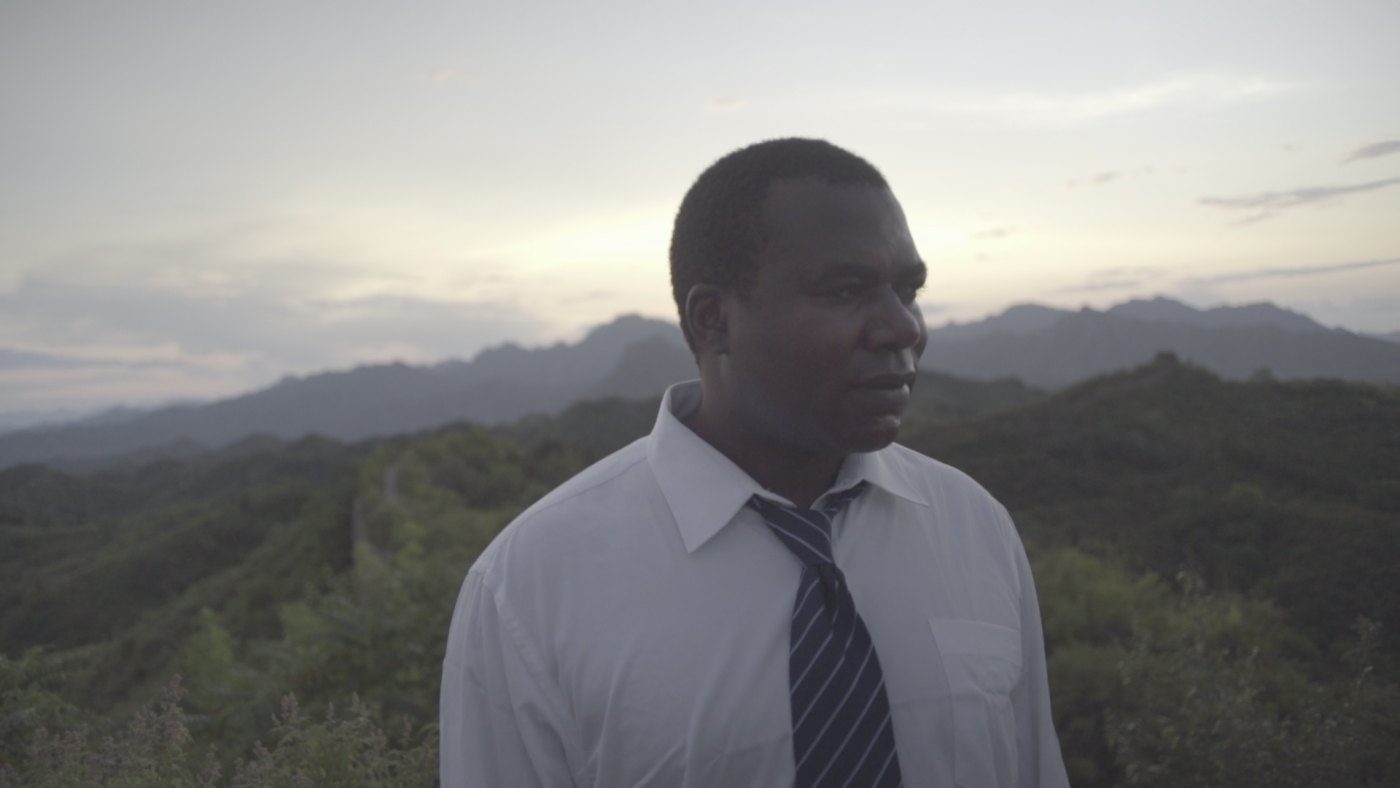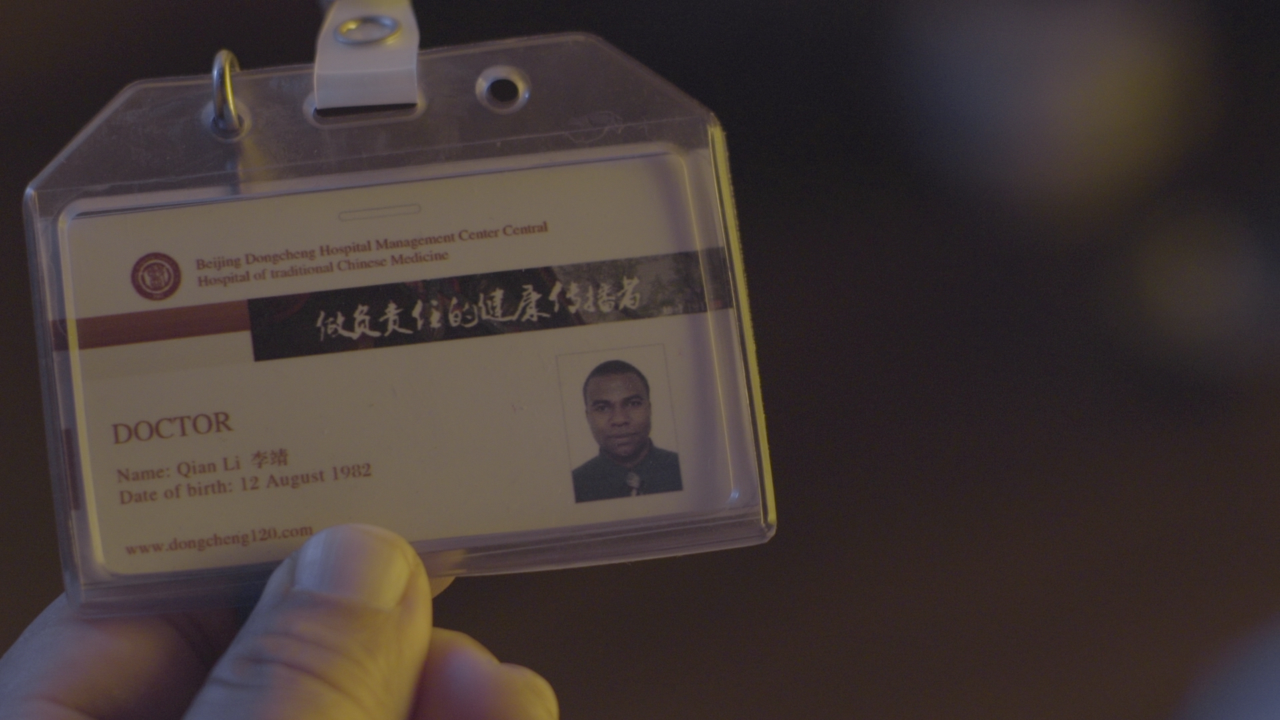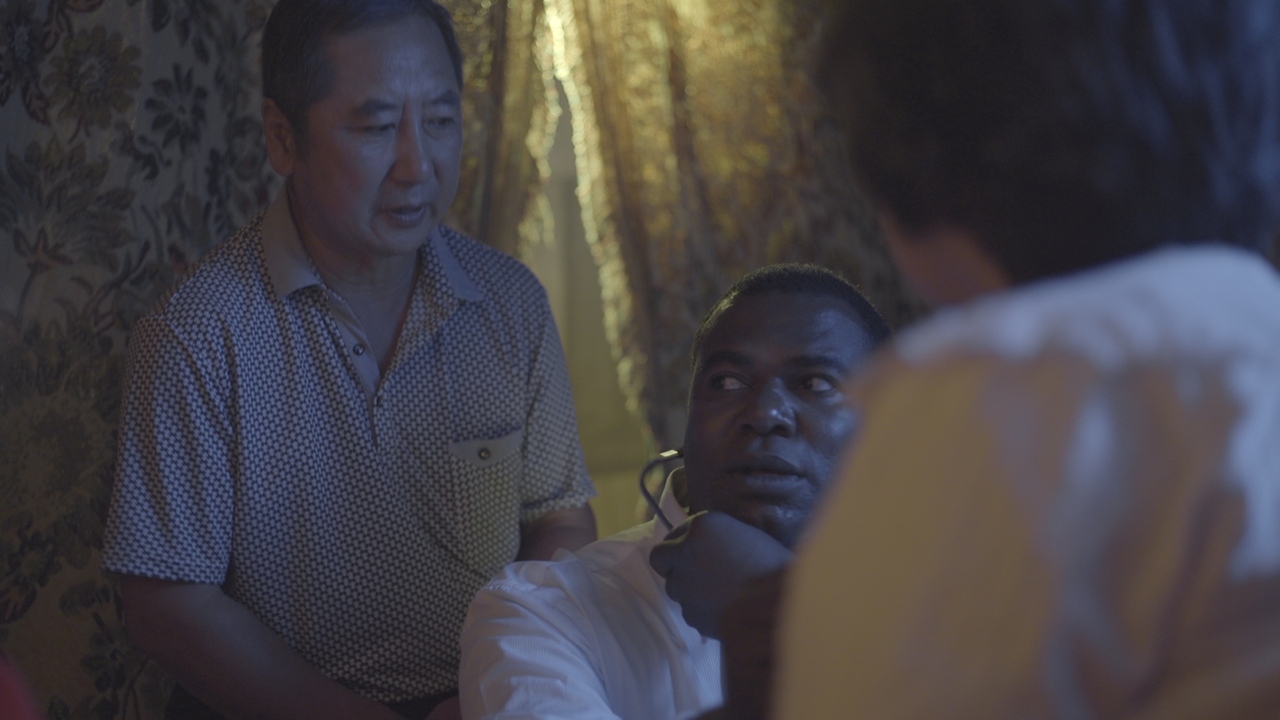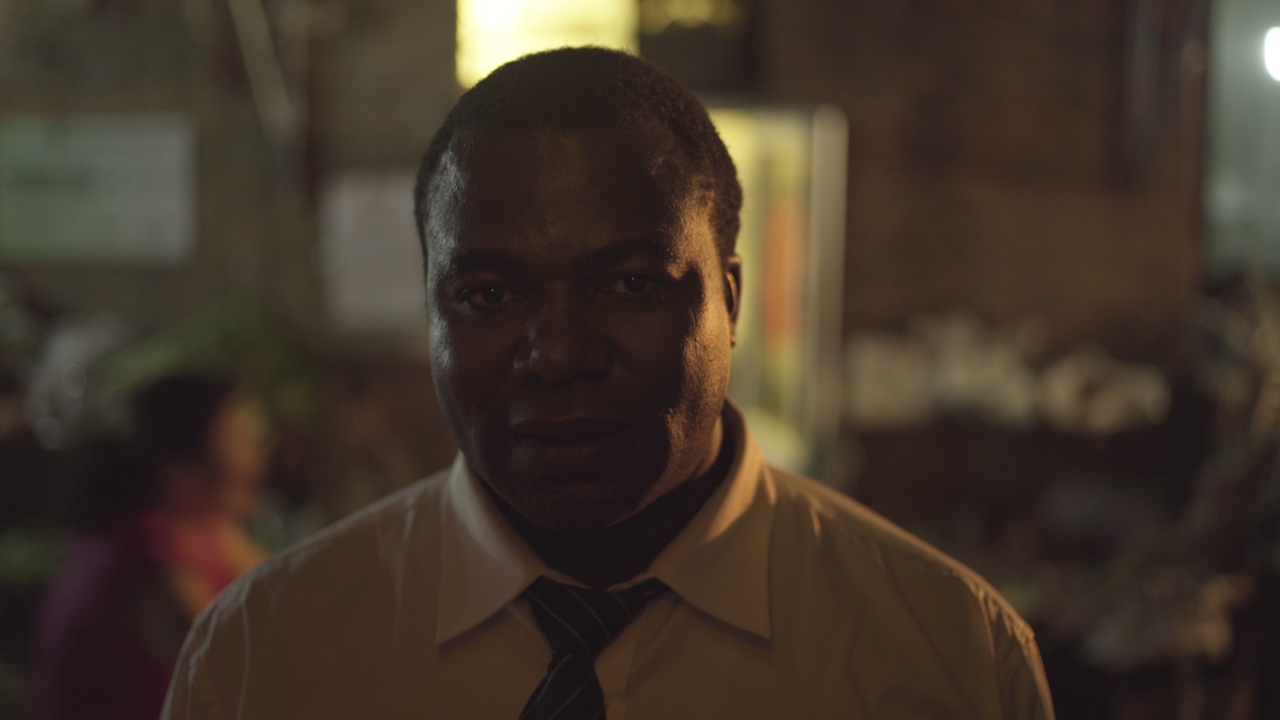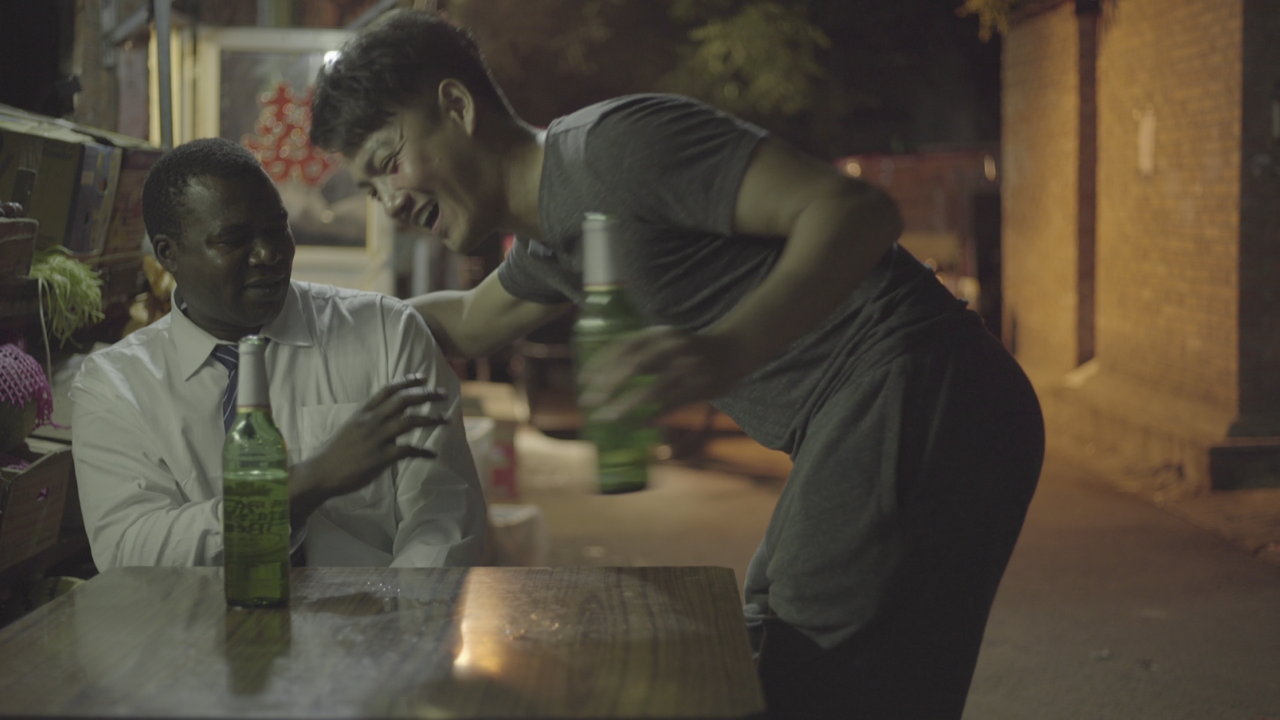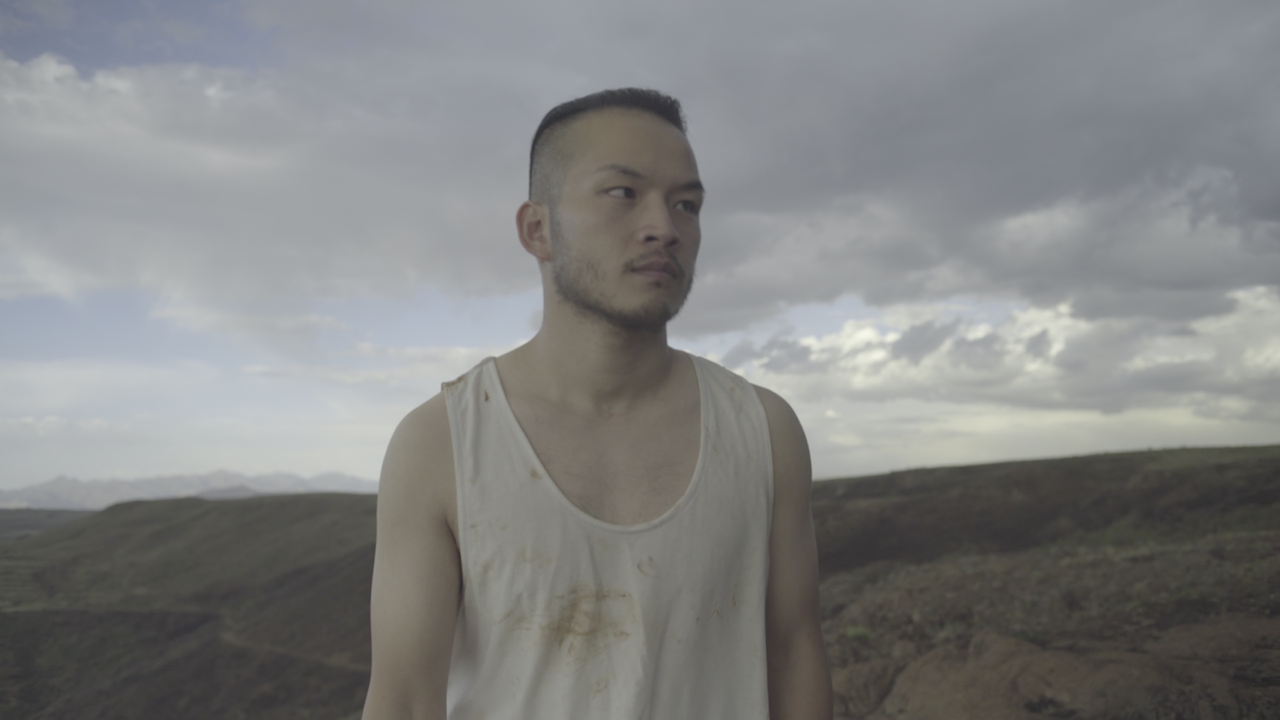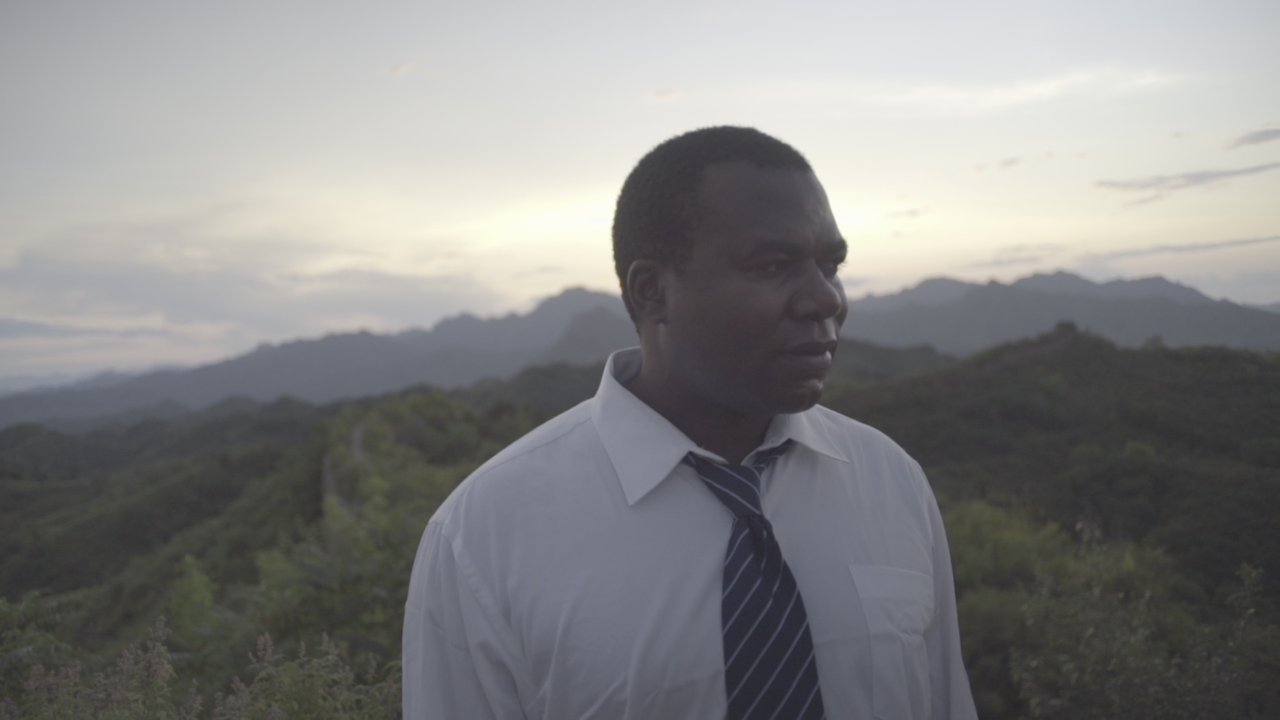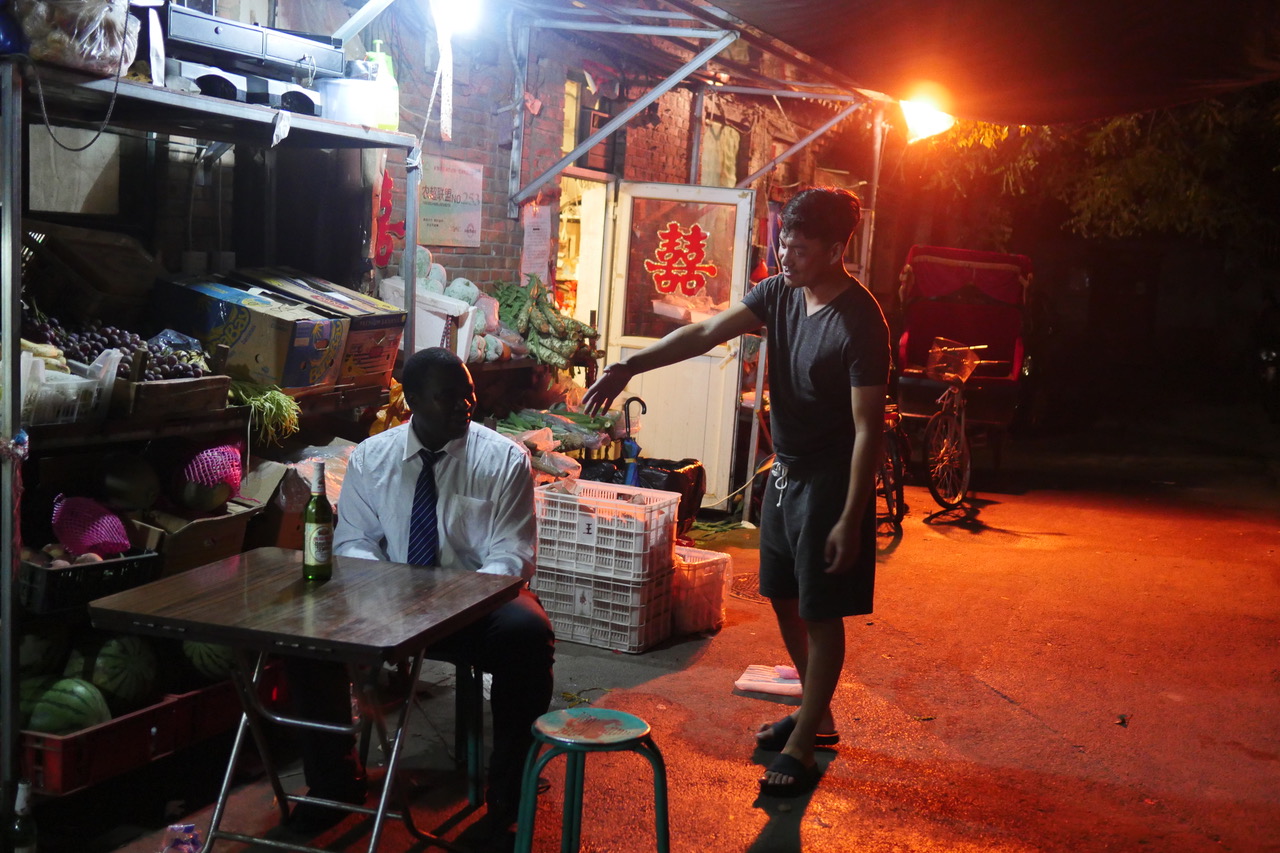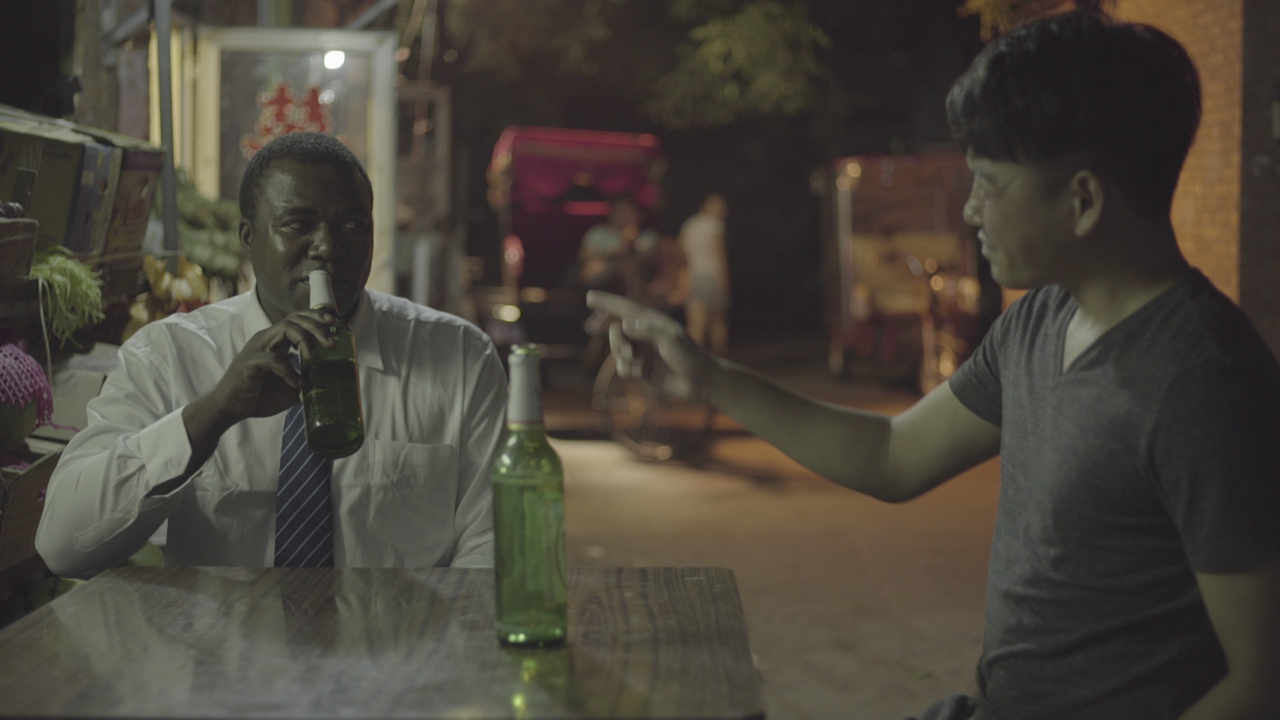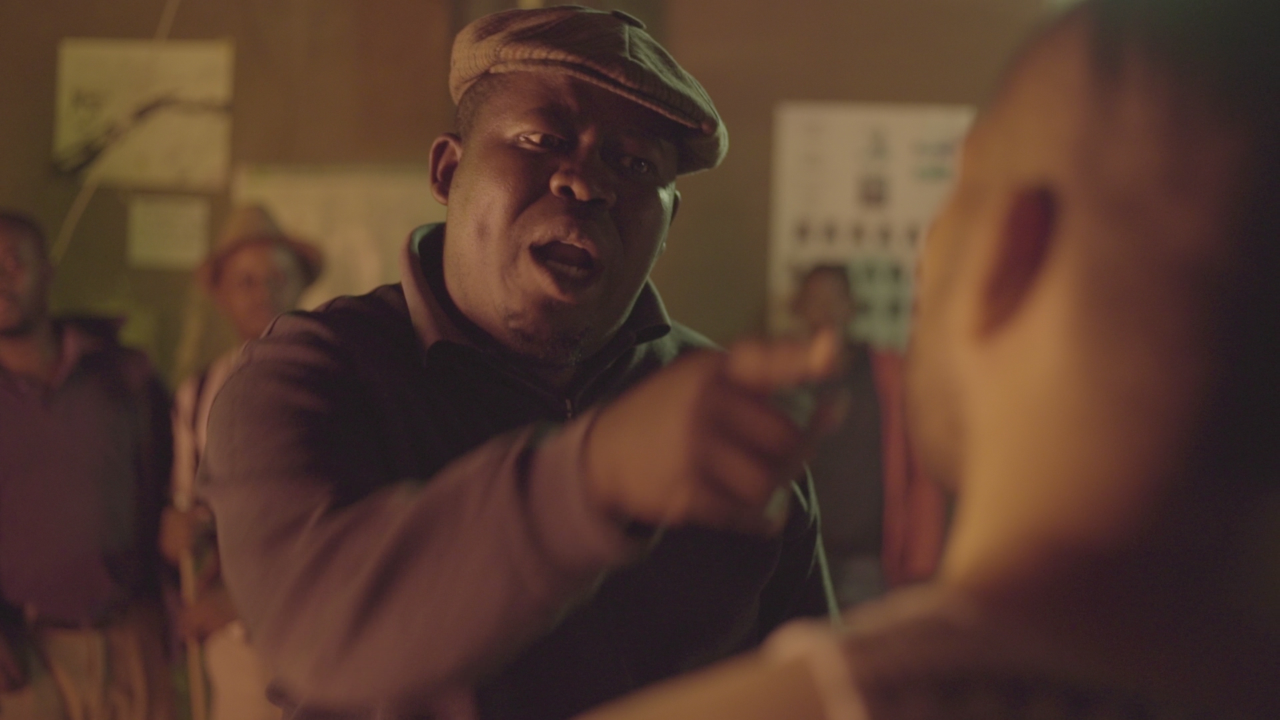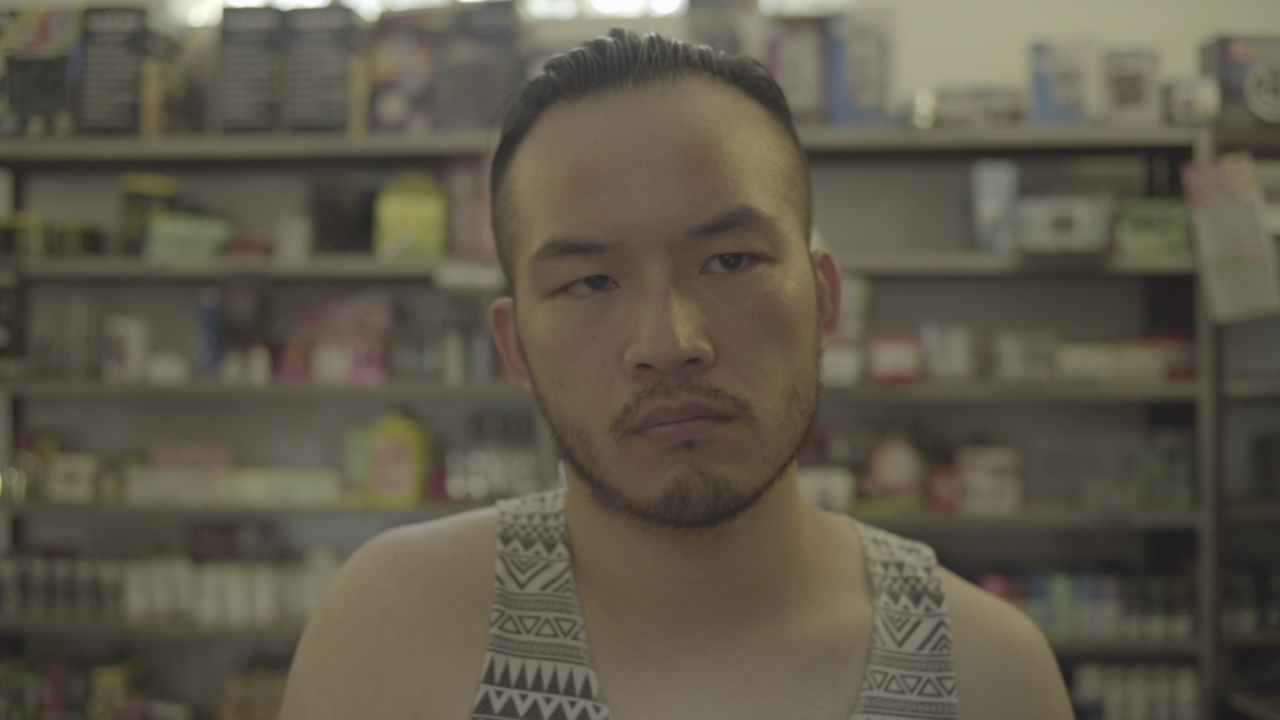Africa, Abroad
Carl Houston Mc Millan is a 29-year-old director based in South Africa whose work focuses on the social and cultural impacts of globalisation, issues he first approached during his BA in Development Studies. His films are narrative driven and characterised by a global outlook and cultural sensitivity, always embracing a local and authentic feeling.
During his career, Mc Millan has directed commercials and short films for global brands and organisations, including UN agencies in South Africa and Lesotho. From his reflections on globalisation emerges “Laisuotuo” (“莱索托”, Lesotho), a twenty-minute short film exploring the relationships between immigrant and indigenous communities. The story is told through the experimental dramatisation of the lives of a Chinese shop owner in Lesotho and an African doctor in China.
Released online in late 2016, the film focuses on the damage that racial stereotyping does to inter-communal empathy, and seeks to emphasise the importance of cultural understanding in a world of unprecedented connection and diversity.
Where did your inspiration for the film originate? Was it a case of deciding to document the one context and including the other to create a more complete project, or was it conceived from the beginning as a double-edged sword?
Since my youth I’ve been taking trips into the mountains of Lesotho, where in most villages you’ll find at least one Chinese business. I’d always wondered how these Chinese merchant traders came to arrive in rural Lesotho, what their backgrounds were, and what made them want to settle in villages from which most of the inhabitants eagerly try to flee to Maseru (Lesotho’s capital) or to South Africa for work. The local population also asks these questions, but has no way to have them answered. This breeds frustration and results in friction with the newcomers.
I’m pretty curious too – why do so many Chinese make the move?
Generally speaking, South Africa is a much bigger attraction, but it’s quite difficult to get a work permit there. Lesotho is much easier on this front, and so it’s seen as a stepping stone. These migrants often hope to establish in Lesotho and expand to South Africa. The Chinese market traders in Lesotho – in many African countries, actually – are predominantly from Fujian. This coastal region of China has historically been the source of much trading-based immigration in Southeast Asia and further afield. I guess information about opportunities abroad feeds back to Fujian and encourages more people to make the move. Of course, the scale of the Chinese population and its growth makes for a ready supply of people seeking prosperity from wherever it may come. When I tell people in China that the population of Lesotho is 1.8 million, they laugh!
“The people I met often laugh at it, but can definitely see that their skin colour leads them to be treated differently to other foreigners.”
So if the starting point for your project was this odd Fujianese presence in Lesotho, what made you decide to widen the project to explore the African immigrant experience in China?
I’ve always been interested in Chinese culture and was keen to travel there. In China, I met a medical student from Sierra Leone, and I learnt about his experiences as an immigrant and the subtle racism he encounters. He was studying in Mandarin and had become quite linguistically proficient, but continually found that integration was vastly more difficult than for other, non-African, colleagues.
Relations between Africa and China are a big focus for Western media, and are usually presented in the same colonial paradigm where China is an aggressive – and negative – force, backed by economic might, and Africa is a kind of victim without any agency. Does this correspond to the reality in a Lesotho village where, as you mentioned, the Chinese shop might be outnumbered by a factor of twenty to one?
Generally, the colonial narrative isn’t strong in Lesotho (which was a British protectorate rather than a colony), and definitely isn’t applied to the Chinese. In addition to the market traders, there’s also a large Chinese presence in infrastructure – such as the new South African dam – and in the textile factories that have been opened. These are very much appreciated for supplying jobs (albeit low paid) where there aren’t many alternatives. The market traders’ presence in the villages is a little obscure and less officially recognised – even the embassy doesn’t know much about it. The traders come of their own volition and link up with trade associations who bulk buy and distribute products. The associations also offer loans for new businesses and so provide the capital and economies of scale enabling the Chinese traders to dominate the market. They can afford to trade at a loss to damage local competitors, and then increase prices when they’re the only option. They have quite frequent changes of management, which leads to quite unstable and poor relations with local employees. In the end, they’re just playing the free market and winning. However, the result is that a lot of capital is extracted from the local economy, with suppliers largely sourced externally and profits being sent home to China instead of being reinvested in the community.
“The Chinese attitude to Africans is more stereotyped – in Lesotho there’s no stereotype per se of Chinese.”
How would you say this dynamic compares to the African presence in China? Integration is difficult for all immigrants there, but is it particularly challenging for Africans?
The Chinese attitude to Africans is more stereotyped – in Lesotho there’s no stereotype per se of Chinese. On the contrary, Africans suffer from quite negative connotations when compared with the image of American or European immigrants, who enjoy greater opportunities. It’s important to note that, most of the time and in my experience, Chinese people don’t understand that their attitudes are racist as such. For example, in “Laisuotuo”, the husband doesn’t recognise that in asking the African doctor to conceal his ethnicity, he is being insulting.
So why do Africans travel to China? And what did those you spoke to say about how they responded to the racism they encounter?
Many Africans travel to China as a result of soft-power relations, most notably the excellent scholarships for African students offered by the Chinese government. You obviously also have a lot of traders from Africa travelling to export goods back to their home countries. In terms of how they respond to their reception, the people I met often laugh at it, but can definitely see that their skin colour leads them to be treated differently to other foreigners. As you said, it’s not subtle at all, but I’d say it’s delivered in an naive rather than a nasty way. The doctor in the film is so used to being treated that way that he just accepts it.
“Hopefully the film will contribute to the growing discourse on the commonality between different cultures and communities, and argue that embracing them is a positive move for all sides.”
White immigrants in Africa are often treated with undeserved deference – how does this compare to how Chinese immigrants are treated in Lesotho?
In Lesotho, there’s a lot less trust in Chinese immigrants than would be the case with Europeans. It stems in part from how the economic changes we’ve discussed are affecting ubuntu, a concept of togetherness that could be translated as “I am who I am because of you.” Ubuntu upholds that how people treat others is a reflection of who they are themselves, and it goes right to the heart of life in rural communities. There, it means that everybody knows everyone else’s business and their lives are closely intertwined. It manifests in many ways, not least in greetings, which in rural Lesotho can be time consuming. However, engaging in these social rituals is hugely beneficial in how others receive you and ultimately decide to be of assistance and cooperation. Unfortunately, the Chinese live very sheltered lives, and their only interaction is behind the shop counter. This infringes and fragments on the local sense of ubuntu, resulting in quite fractious relations. Of course, ubuntu as a concept is global and cross-cultural, the moniker is just a Lesotho phenomenon that reflects its importance to communities there. My hope is that my film and similar work will open dialogue on the commonalities between different groups, and feed the natural curiosity that people have for other cultures.
How does this cultural interaction manifest linguistically? Obviously Mandarin is quite critical for working in China, but is this true of Lesotho?
English is very widely spoken [in Lesotho] and you can get by on it, but the Chinese do often learn Sesotho before they learn English. It’s all self taught, as there are no apps or learning resources available for Sesotho. Those traders who do so have a much better relationship with locals, build better businesses, and generally have a less stressful life in Lesotho. That said, there’s very little cultural interaction between locals and Chinese immigrants, which puts both sides at a disadvantage. Most Chinese don’t want to settle in Lesotho, so the prospects for greater integration are not great. This is further complicated by the fact that Lesotho is culturally and ethnically homogenous – there is only one ‘people’, unlike the more diverse populations in South Africa and in other, larger, African countries. Lesotho is a pretty peculiar place.
“My hope is that my film and similar work will open dialogue on the commonalities between different groups, and feed the natural curiosity that people have for other cultures.”
What was the central aim of the film? You said that you hoped it would encourage people to understand the other side a bit better, but how are you hoping it might achieve that?
This short film was a bit of an experiment, an idea that I felt was worthy of exploration. Short films are a great medium for trialling concepts and producing something tangible that encourages discussion and feedback. As a self-funded project it was logistically challenging, but I feel the response has been quite positive, particularly in facilitating some African immigrants in China to recognise the racism they encounter as worthy of discussion and debate. Hopefully the film will contribute to the growing discourse on the commonality between different cultures and communities, and argue that embracing them is a positive move for all sides. The next project I have in mind is a Mandarin comedy with a Chinese cast set in South Africa, approaching topics of migration and integration under a slightly different guise – watch out for it!


